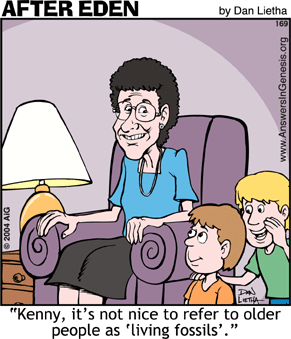|
|
Negative Attitudes on TV Toward Aging Affect Elderly
By Abram Katz , The Bristol Press
July 16, 2005

The more elderly people watch television the worse they feel about aging, Yale researchers report.
This is troubling because many elderly cannot travel freely and so depend on TV for entertainment.
Becca R. Levy, associate professor in the Department of Epidemiology and Public Health at the Yale School of Medicine, said negative attitudes toward aging might affect the physical resiliency of the elderly.
There may be no way to change the way older people are portrayed on the tube. However, Yale researchers found that elderly watchers who kept written evaluations of how their age group came off in programs had a clearer perception and were more apt to tune in less.
Levy said the elderly watch more television than all other age groups. They average 21 hours a week, or 3 hours a day.
"There's either an absence of portrayals of elderly people, or there are bad portrayals," Levy said.
An 81-year-old watcher said the old in television programs "shouldn't be the target of jokes so often."
General attitudes about aging depend on cultural values, she said.
On American TV elderly people are often forgetful, ill-tempered, have drinking problems, are difficult, and their medical problems are made light of.
Participants perceived comedy as more ageist than drama.
Although the average age of Americans is increasing, most TV characters are young.
"We were interested in whether lifetime TV exposure was associated with their view of aging," Levy said.
Another question is if TV itself is a health risk factor for elderly viewers, she said.
Researchers queried 76 men and women between the ages of 60 and 92 in Massachusetts and Vermont.
Participants were assigned randomly to the control group or the intervention group.
The intervention group was asked to write comments about the programs they watched.
"Would this increase their awareness and lessen the effect of the negative stereotypes?" Levy said.
A 71-year-old male viewer said of television news, "When people were interviewed about different matters, older people were left out."
Similarly, a 60-year-old in the intervention group who watched game shows, said, "They should try to get older Americans to be contestants."
Omissions were also clearly noted.
A 68-year-old, who watched more than 45 hours of TV a week said, "I feel like we've been ignored. I feel like we're non-existent."
Some recognized positive roles for the elderly on television.
A 70-year-old museum curator pointed out that televised U.S. Senate hearings showed elderly people who were "all alert, intelligent, and asking pertinent questions."
Fiction shows also often portray political and military leaders as older people.
One 73-year-old said the intervention "made me aware that there were older people on TV; I hadn't noticed before."
Levy and colleagues conclude the study by writing, "For participants in both the intervention and comparison groups television seems to function as more than a diversion. ... The reliance on television by older individuals underscores the need for achieving this study's goal: to increase their awareness that there is an unrealistic presentation of the old on television."
|
|



